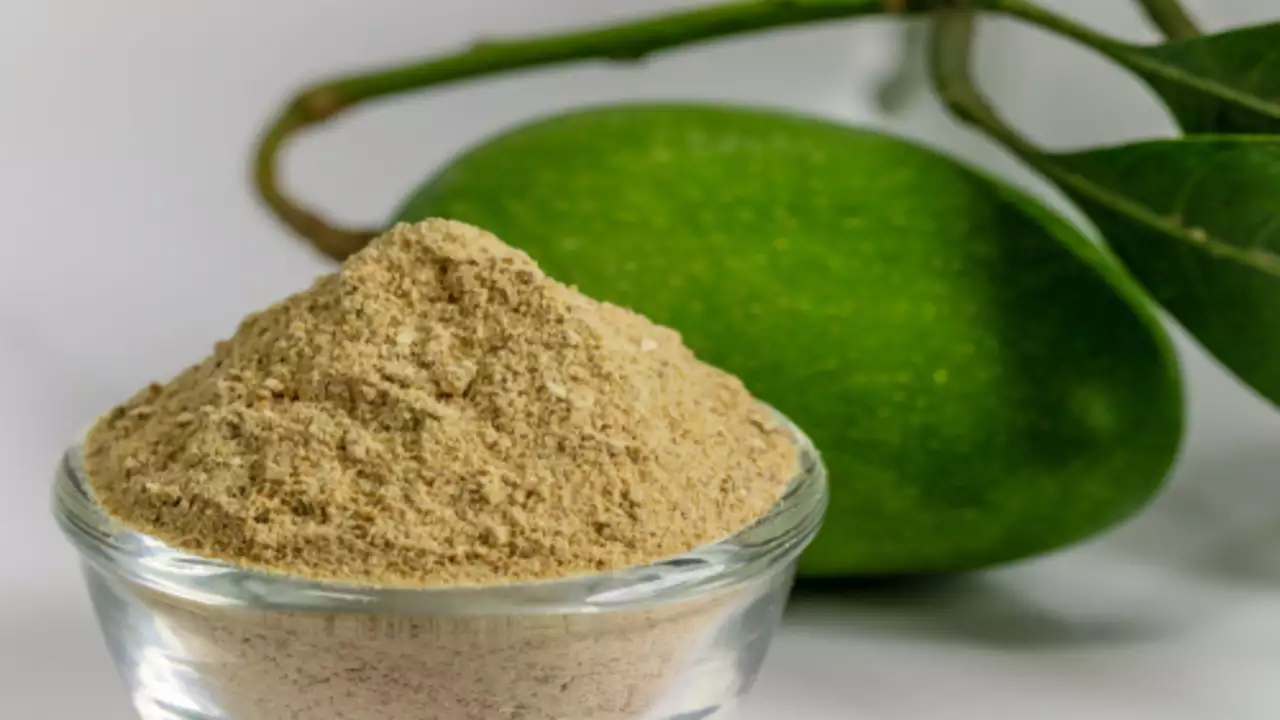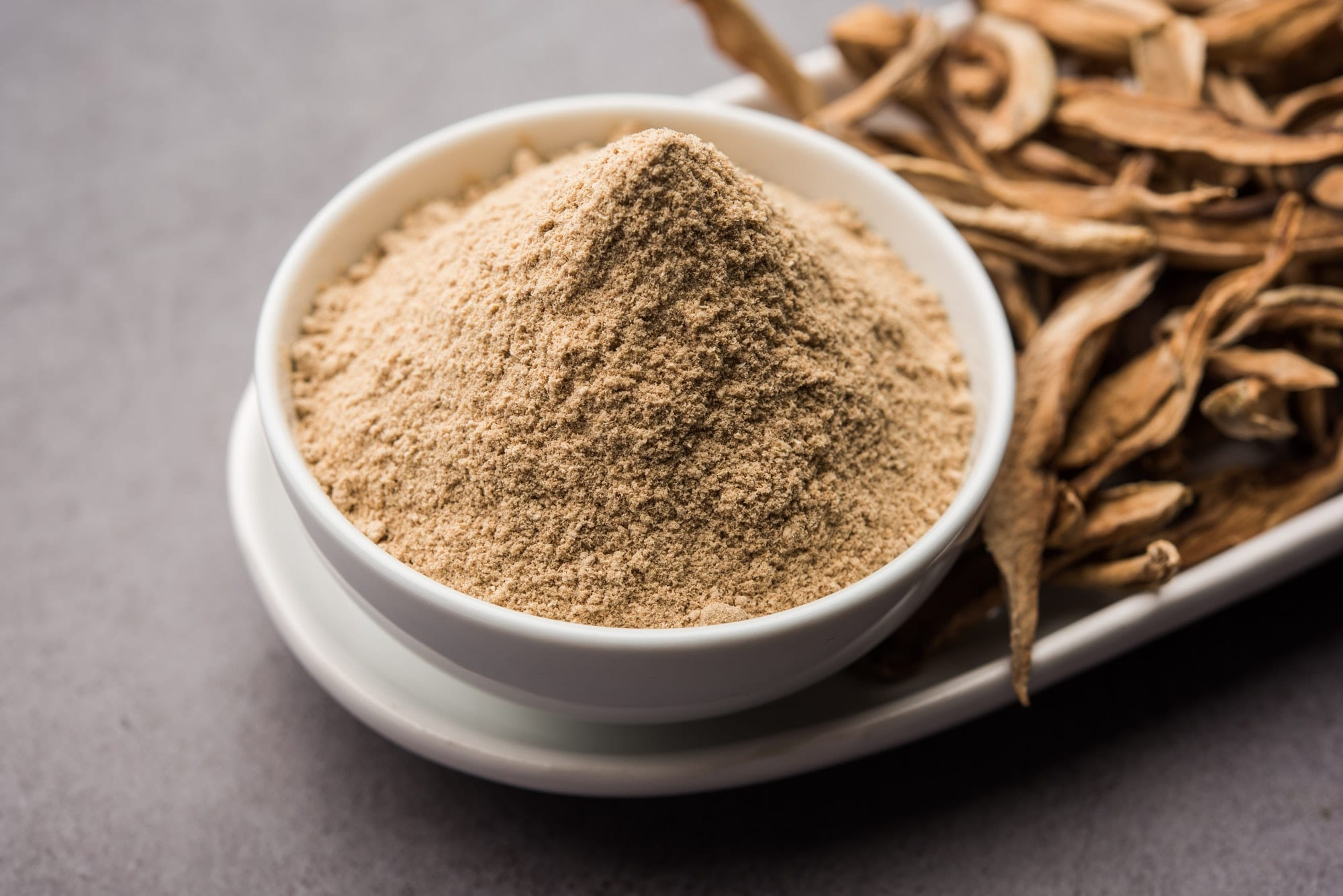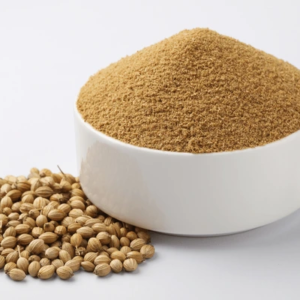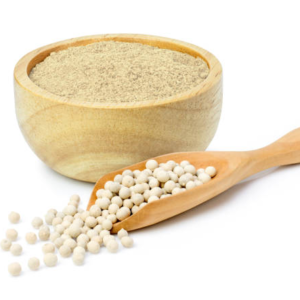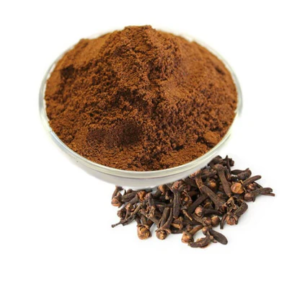Description
1. Flavor Profile:
- Tart and Sour: Amchur powder has a strong tartness due to the unripe mangoes. It adds a citrus-like sourness to dishes, without being as sharp as lemon juice or vinegar.
- Fruity and Slightly Sweet: In addition to its sourness, there’s a subtle fruity sweetness that complements its tangy kick.
2. Uses in Cooking:
- As a Souring Agent: It’s often used as a souring agent in curries, stews, and soups. It’s a common ingredient in Indian dishes like spicy chickpea curry, various lentil preparations, and vegetable curries.
- Dry Rubs and Marinades: Often used in spice blends and marinades for meats and vegetables, amchur helps enhance the flavor by adding a zesty element.
- Chutneys and Dips: It adds a unique tang to chutneys, pickles, and dips, giving them a refreshing flavor.
- Fruits and Salads: Amchur is also sprinkled over fruit salads or used in street food dishes like bhel puri, where it enhances the overall flavor profile.
3. Health Benefits:
- Rich in Nutrients: Amchur powder contains vitamins like Vitamin C, calcium, iron, and potassium. Vitamin C helps with boosting immunity and skin health.
- Digestive Aid: The sour taste can help stimulate the digestive system and promote better digestion.
- Rich in Antioxidants: Green mangoes are high in antioxidants, which may help combat oxidative stress and inflammation.
4. Storage:
- Amchur powder should be stored in an airtight container, away from heat and moisture, to maintain its potency and freshness. Proper storage ensures the powder stays flavorful for up to 6 months.
5. Substitutes:
- Tamarind Powder: As a tangy alternative, tamarind powder can work as a substitute, though it might introduce a slightly different flavor.
- Lemon Zest: In a pinch, lemon zest combined with a little salt can provide a similar sourness.
Overall, Amchur powder is a versatile and flavorful addition to many dishes, contributing depth and complexity through its unique tartness.


